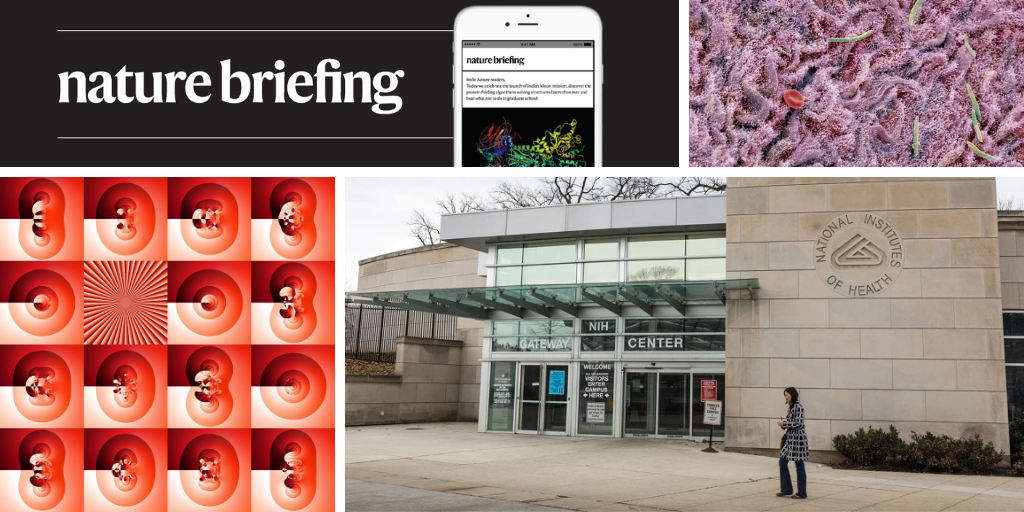
"These illustrations offer ways to visualize mathematical functions known as isogenies. The images, which describe an object called a supersingular elliptic curve, won cryptography researcher Ryan Rueger a distinction at Swiss National Science Foundation's 2025 scientific image competition."
"A low-fat, high-fibre diet might be able to replenish gut microbes that have been ravaged by antibiotics. A study in mice found that this diet was better at restoring the microbiome than transplanting faeces."
"It's a bit of wishful thinking to believe that [a faecal transplant] can be a quick fix... Nutrition plays such an important role."
"These decisions will have tragic consequences for global health projects, according to former NIH director Francis Collins."
The article highlights the best science images of the month, including visuals by Ryan Rueger that won accolades for illustrating mathematical functions related to cryptography. It discusses a study revealing that a low-fat, high-fibre diet is more effective than faecal transplants at restoring disrupted gut microbiomes in mice. Furthermore, it addresses a controversial policy by the US National Institutes of Health (NIH) that threatens to pause funding for international health initiatives, sparking concern among experts regarding its potential negative impact on global health research.
Read at Nature
Unable to calculate read time
Collection
[
|
...
]